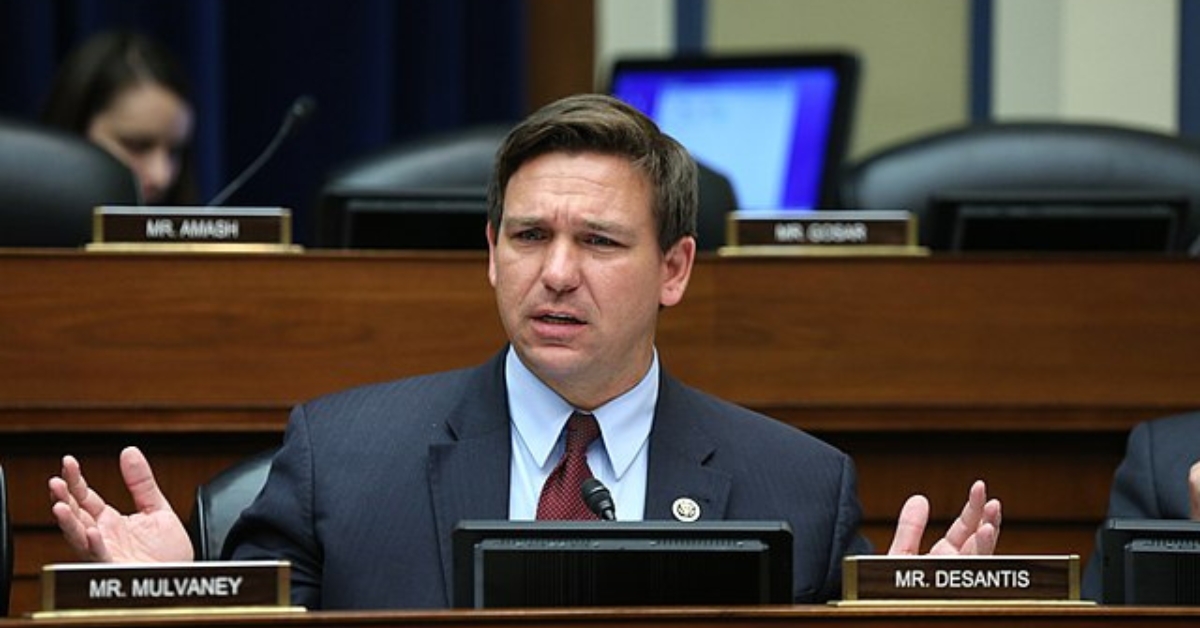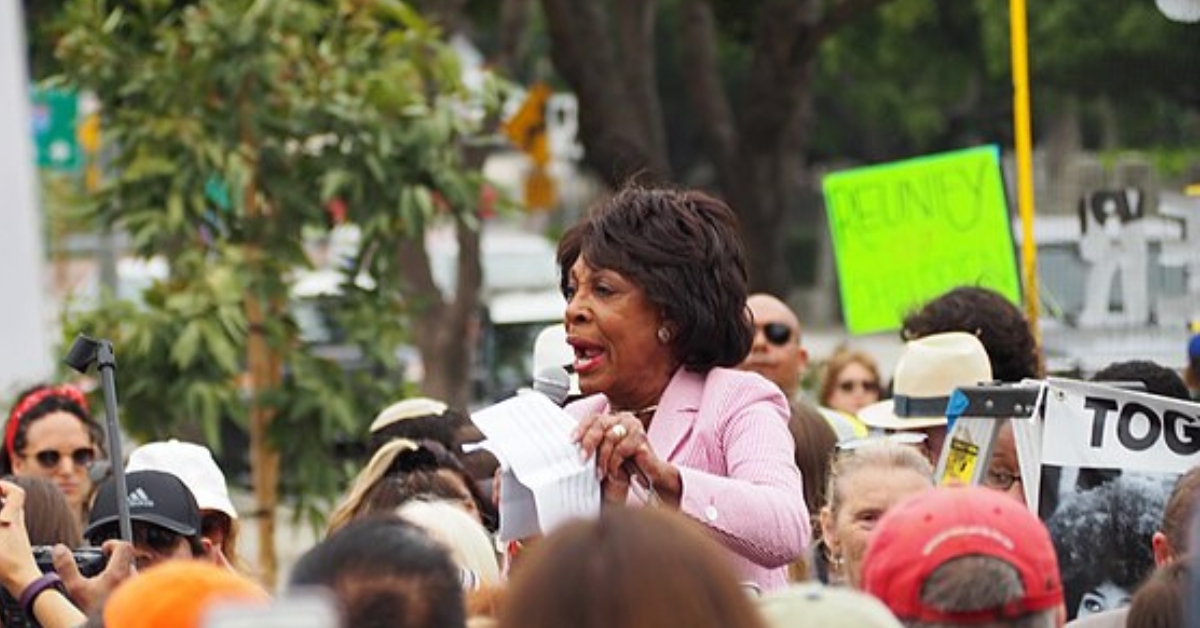
Financial Institutions Debank Trump Attorney
Debanking is the unsettling practice where financial institutions cancel customers over their politics, and it’s no myth. It’s becoming a sinister reality for those whose views veer from the increasingly left-leaning corporate ethos, aimed at more than just profit-making. The case of John Eastman, a former attorney for President Donald Trump, exemplifies this.
Shockingly, both Bank of America and USAA have severed ties with Eastman, ostensibly over his involvement in the 2020 election challenges. Particularly startling is USAA’s action. Traditionally, USAA’s clientele—mostly service members, veterans, and their families—leans conservatively, reflecting the broader military community’s political tendencies. Yet, as USAA expanded, it strayed from its military roots, outsourcing essential services and diluting the very ethos it was built upon.
The recent decision to debank Eastman, citing nebulous reasons and clinging to broad policies that allow account termination “for any reason without advance notice,” marks a troubling embrace of authoritarian tactics reminiscent of the regimes USAA’s members have historically opposed. This act of political discrimination by USAA is not isolated. It’s part of a broader, disturbing trend where companies wield corporate power to silence or punish political dissent.
This incident involving John Eastman and USAA isn’t just alarming—it’s a canary in the coal mine for anyone paying attention to the increasing politicization of our financial institutions. What we’re witnessing is a blatant form of corporate governance driven by ideological purity tests rather than the principles of fair and free commerce that underpin a democratic society. When a bank can simply close your account because of your political affiliations, we’ve entered a perilous era where financial stability could hinge on political orthodoxy rather than fiscal responsibility.
Moreover, as USAA and other companies continue veering left, they betray their own clients and foundational principles. They play into the hands of a destructive narrative that only serves to deepen national divides and erode the trust necessary for a functioning society. This isn’t just about one attorney or one bank; it’s about the integrity of our entire financial system and the expectation that service providers operate as neutral parties, not enforcers of political correctness.
The broader implications are dire. Every instance like this chips away at the bedrock of our freedoms, highlighting a troubling trend where individuals are held at the mercy of increasingly politicized corporate giants. If we don’t hold these companies accountable and demand they uphold true diversity of thought, John Eastman won’t be the last to suffer such indignity. It’s crucial that we push back against this encroachment on our liberties and remind these institutions that their primary role is to serve all customers with impartiality, not to engage in social engineering.











